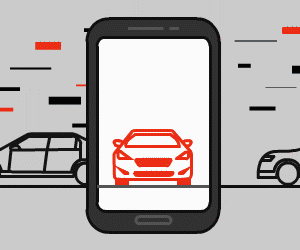New battery technology that could see electric vehicles charged in a fraction of the time, is being developed as part of leading research from a team of Scottish scientists.
While a battery-powered electric vehicle has the advantage of instant torque, quiet ride and zero tailpipe emissions, currently the best speed an electric car can recharge is at 30 minutes on a fast charger. or more often overnight if charged through a standard 3 phase outlet.
The breakthrough research uses what scientists are describing as an ‘exotic rust’ – a metal oxide that when added to water, can be charged with electricity. Put simply, by using the new technology EV drivers would be able to refuel cars in much the same way as is done at the petrol station today.
Professor Leroy Cronin, Chair of Chemistry at the University of Glasgow, said the ‘flow’ liquid battery could be the answer to making EVs a real challenger for traditional fossil-fuel vehicles.
“Energy storage solutions that can act as both batteries and fuel generation devices (depending on the requirements of the user) could, therefore, revolutionize the uptake and use of renewably generated energy,” he said.
“Moreover, the very high energy density of our material could increase the range of electric cars, and also increase the resilience of energy storage systems to keep the lights on at times of peak demand,” he said in a press release.











